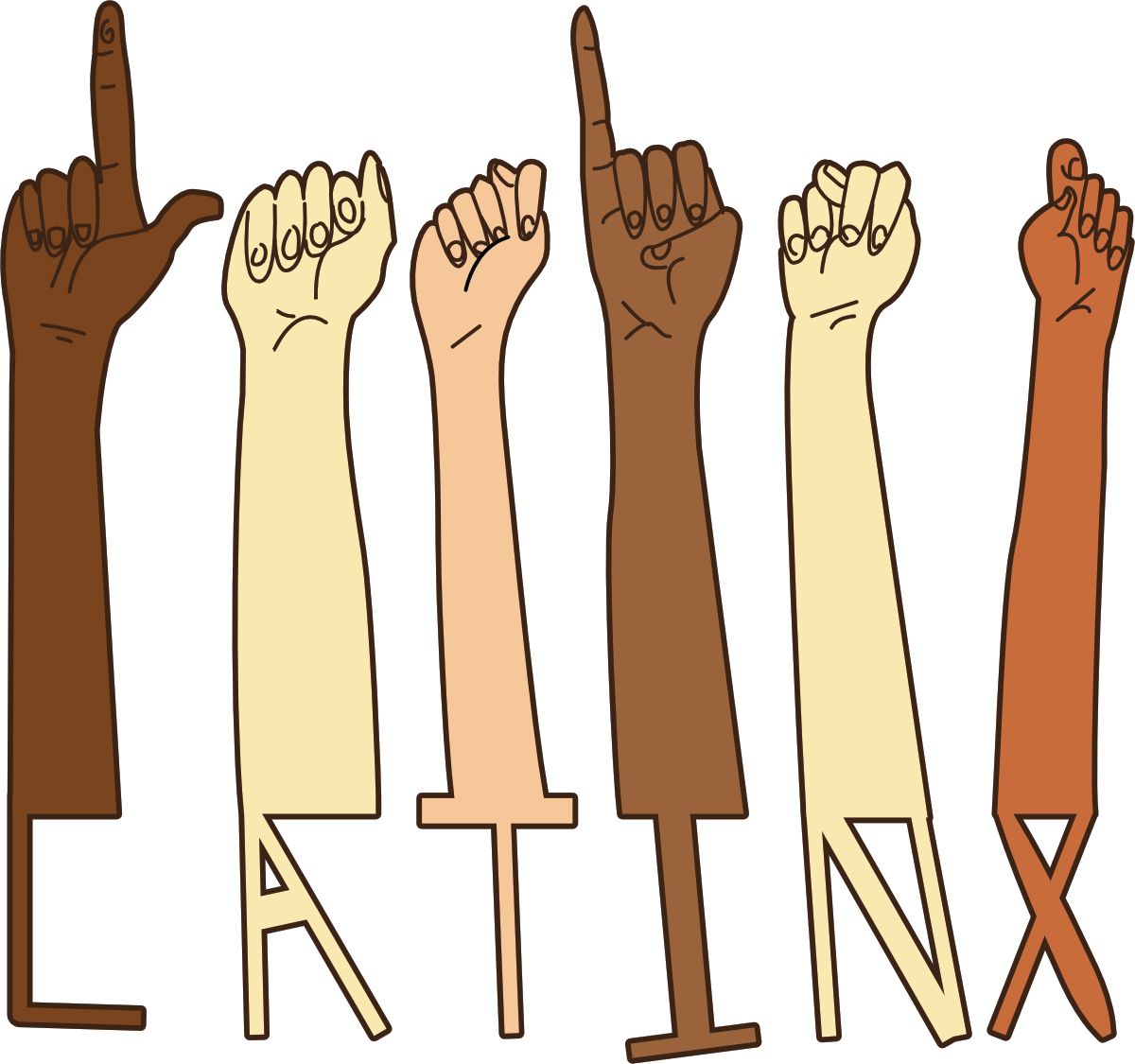"Don't Say Latinx" - Florida Congresswoman's Bill
Latino or Latinx? Does it matter?

You may soon need to add "Latinx" to "gay" as terms to be avoided, especially when in Florida. Rep. María Elvira Salazar (R-Fla.) has introduced a bill to ban the use of the term “Latinx” in public executive branch documents.
“The Biden Administration is waging a woke crusade on Latino identity and the Spanish language,” said Salazar. “We cannot allow the Biden Administration to use White House communications to attack our language and impose progressive ideology on our people.”
Salazar said the term "is a woke invention of the neo-Marxist left." She said "far-left professors in universities" introduced the term in 2004 "with the sole purpose of infiltrating the Hispanic community with gender ideology."
Salazar said Latinx is "overwhelmingly rejected" by the Hispanic population in the United States and claimed mmany find the term "extremely offensive and patronizing."
Besides Salazar's objections, many Spanish speakers say the word is basically unpronounceable in that language.
Spanish and most other Romance languages are gender-based and use suffixes to describe the assumed gender not only of people but also of objects. The honorific for a man is "senor" while for a woman it is "senora" or, sometimes, "senorita," for example.
Salazar said that polls conducted in the last four years show that most Latinos have never even heard of ‘Latinx,’ let alone use it:
- A November 2021 Bendixen and Amandi poll found that only 2% of Latinos used the term “Latinx.”
- A June-July 2021 Gallup poll found that 4% of Latinos used the term.
- A December 2019 Pew poll found that 76% of Latinos had never even heard of the term Latinx, 20% had and did not use the term and only 3% used it.
Not unanimous
Not everyone is as fired up about the issue as Salazar. Mónica Ramírez, co-founder of the Latinx House, a group that promotes Hispanic culture, panned Sanders for focusing on a semantic issue, according to The Hill.
“As an activist, advocate and attorney, I have spent time working in Arkansas. I have represented Latinx low-paid workers who were being sexually harassed, underpaid and otherwise mistreated,” Ramírez said in an email to The Hill in January.
“I can guarantee that the priority issue for them isn’t whether or not they are being called Latinx, Latino, Latine or Hispanic,” she added, saying people who choose to use the term do so “to be more inclusive of our LGBTQ siblings.”
